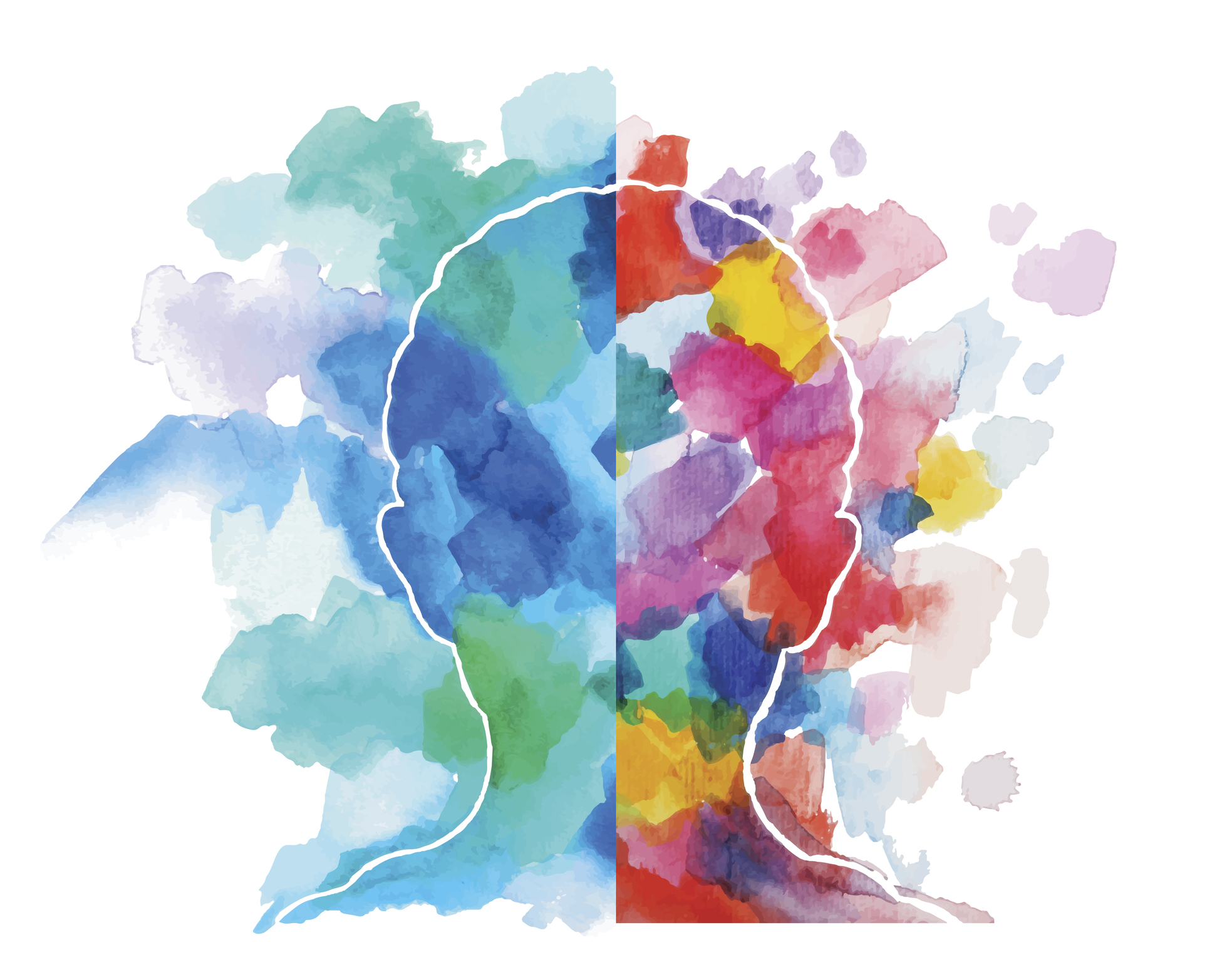How To Master & Control Your Emotions Daily

(This content is being used for illustrative purposes only; any person depicted in the content is a model)
Emotions can either drive you or derail you. Many people struggle to have control over their emotions. However, it is important to understand we do not need to be at the mercy of our emotions.
A recent article reviews the book How Emotions Are Made: The Secret Life of the Brain, by renowned psychologist Lisa Feldman Barrett. In the book, Barrett makes a compelling case. Barrett claims that emotions do not happen without our control. Instead, Barrett claims that we construct out emotions by making meaning of sensations and making predictions based on past experiences and out collection of concepts. Therefore, we are “architects of our experiences, ” and we have the ability to not be at the mercy of our emotions. We can learn to master them.
Whether you are in recovery from addiction or mental illness, learning to master your emotions is an incredibly important tool. The fight to numb emotions can often lead to destructive behaviors like addiction and self-harm.
Barrett makes suggestions to help. Here are five that stood out to me:
-
Maintain a healthy physical state.
We have heard it a million times, but it is crucial to eat healthily, exercise regularly and get enough sleep. Science is consistent with it being crucial to a healthy emotional life. Barrett writes that the best way to master your emotions is to move your body. A simple walk in nature can reduce rumination and reduce neural activity in the mind improving mental well-being.
“Moving your body can change your predictions and therefore your experience,” writes Barrett (p. 187).
-
Cultivate Emotional Intelligence
The term “emotional intelligence” means different things to different people, However, Barrett refers to emotional intelligence as “getting your brain to construct the most useful instance of the most useful emotion concept in a given situation” (p.179). Most people pile all emotions under one umbrella term (for example: feeling awesome vs. feeling crappy) however, it is important to learn varied emotions. Feeling bad comes in different flavors—bitter, engaged, irritated, fearful. In the same way, feeling good can be defined as feeling ecstatic, excited, grateful or peaceful. Learning to distinguish emotions allows your brain to categorize your sensation and feelings more specifically which helps in identifying your feels more accurately.
-
Experience more and Learn More
“Be a collector of experiences,” says Barrett. New experiences are crucial to breaking up the monotony of life. Try taking trips, watching movies, acquiring new perspectives, trying new food, and reading more books. By stimulating your brain, it affects your future predictions and behavior. You can learn new concepts and associate better which can help you deal with different circumstances. Furthermore, trying new things potentially increase your empathy and improve your negotiation skills.
-
Keep track of positive experiences
Remember to remember the positive experiences that occur in your life. One way of doing this is through writing them down. Savoring and attending to positive concepts help you look at the world more positively. On the other hand, ruminating on negative events makes it easier to your brain to recreate those negative events in the future.
“Every experience you construct is an investment, so invest wisely,” writes Barrett. “Cultivate the experiences you want to construct again in the future” (p. 183). -
Cultivate Awe
The feeling of awe is something we often experience in childhood. As children, we are experiencing the world for the first time. As we get older, this emotion dwindles as our day to day lives become more routine. Experiencing awe increases curiosity, interconnectedness and a desire to explore. Nature is a great way to experience awe. From freshly fallen snow on a mountain peak to the presence of wildlife, awe evokes the presence of vastness. This feeling helps to distance life away from ourselves.
Which key suggestion do you think you should implement more?Mastering our emotions is the key to emotional freedom. If you are currently numbing your feelings through self-harm or addiction, do not wait. If you or someone you love is struggling with substance abuse or addiction, please call toll-free 1-800-777-9588.
Author: Shernide Delva
